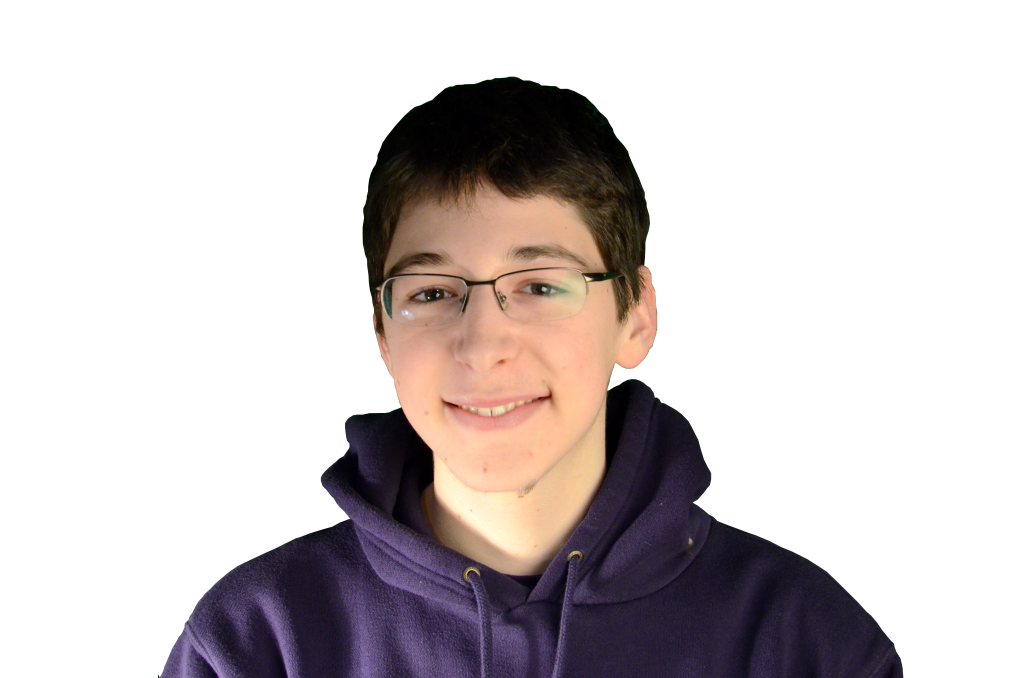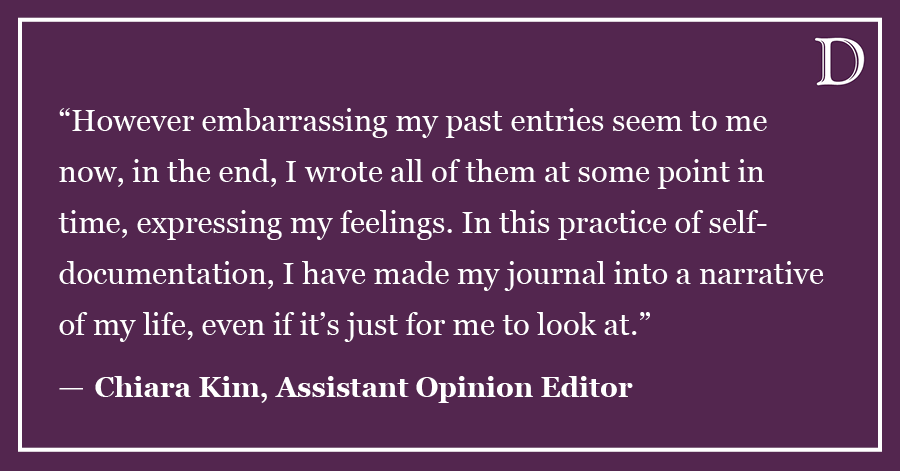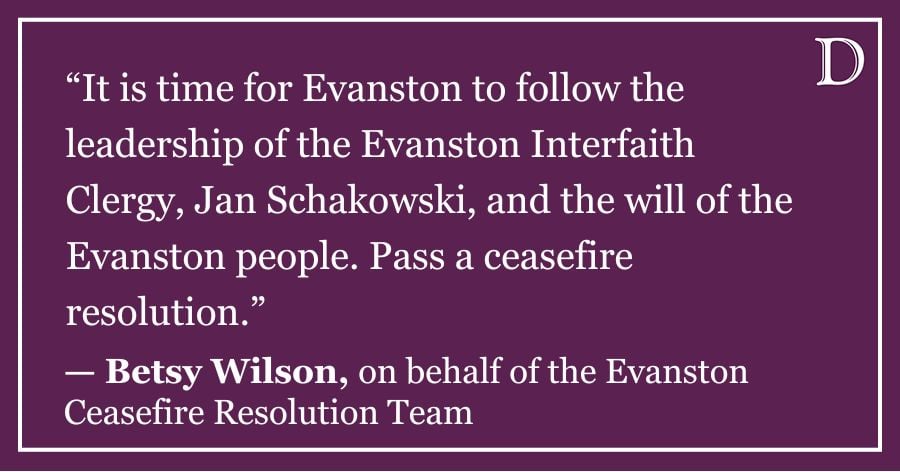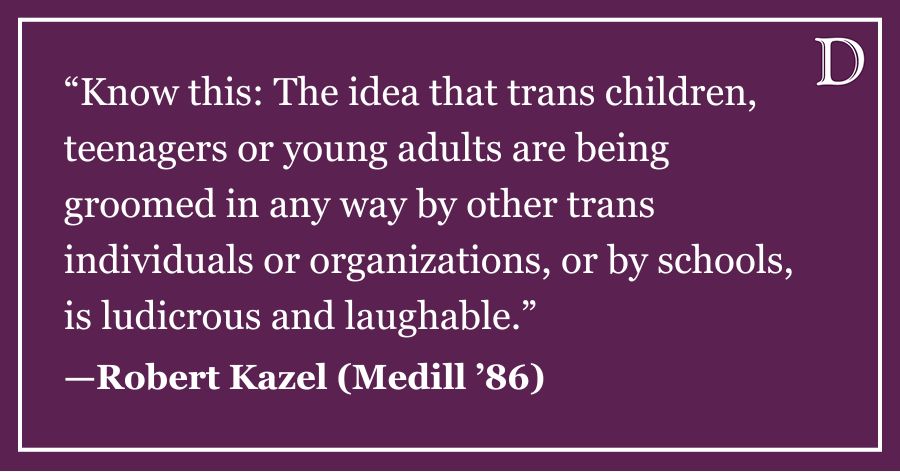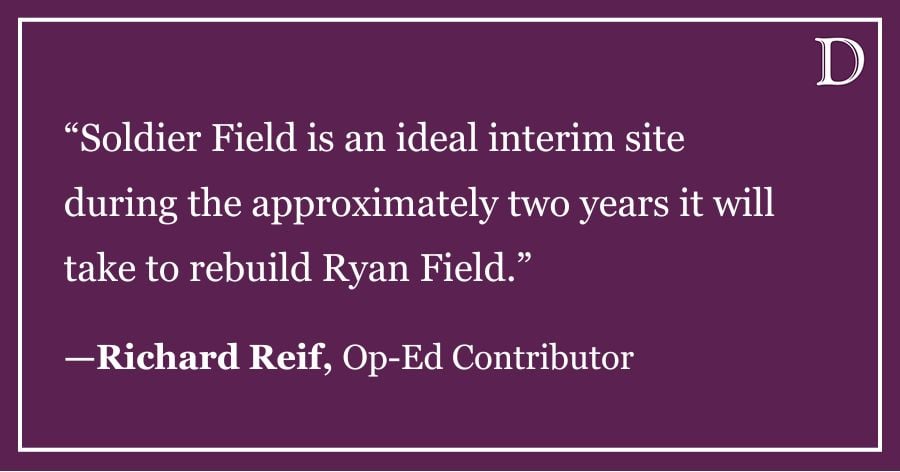Hundreds were unloaded from the trucks. They were told they “had to be disinfected,” so the long line moved to the showering chambers. Once the showers were filled to the point where it became hard to breathe inside, the doors were locked. The fresh water they expected never came; the only realization was that it was becoming harder to breathe. The air was getting thick, and people all around the shower were collapsing. Soon, every person in the room was dead.
The Holocaust is among the darkest chapters in our history. The fact that something of its scale could happen remains mind-boggling. The realization that millions were killed, simply because of who they were, is hard to comprehend. But still, we try to understand. We try to remember every year.
Monday was International Holocaust Remembrance Day. It is the day we commemorate the lives lost. It is the day we look back on history and see how a twisted idea evolved into action of such a large scale.
But isn’t it easier to just forget this dark chapter in history? What’s the point of troubling ourselves with this atrocity over and over again? Why do we remember the Holocaust every year?
First, we remember to show respect and to share the pain of those who lost their loved ones.
There are some who would like the Holocaust forgotten. They would rather not acknowledge the crimes that were committed and forget that so many lives were lost. All around the world, these deniers have disrespectfully created spheres of ignorance where the deaths are either misattributed to other causes or completely ignored. Against all these people, Holocaust remembrance shows the mourners that they are not alone in their pain, that we respect what their families went through.
We remember what people can make from an idea.
People are to ideas what fuel is to fire. Once an idea latches onto enough people, it travels quickly and dangerously. The ideas of a pure Aryan race and exterminating those deemed subhuman were institutionalized by Hitler and his close circle of advisors. None of these ideas was created by the general population in Germany at the time. Regardless, if the German people didn’t embrace the idea of a pure race, if they didn’t accept the ideas that were so highly advertised with propaganda, if they didn’t find it understandable, if they didn’t advocate for it, if the government didn’t earn the people’s support, the Holocaust wouldn’t have happened at such a scale. It’s important to realize that one of the pillars required to achieve the Holocaust was the people, and how much power a people can give to an idea.
We remember the Holocaust to understand what men are capable of.
Experiments, torture, death marches, mass killings, gas chambers — all of these and more were things done to the prisoners in concentration camps throughout Europe. All of this makes us lose faith in humanity. Having a worldview that doesn’t encompass the human ability to commit atrocities is naive and dangerous.
But we also remember the men and women who risked their lives to save the others around them. We remember that there were people who put others’ lives above their own, from those who saved a few to those who saved thousands. We remember the highest level humanity reached, along with the lowest, and try our best to renew our faith in it.
And finally, we remember so we don’t stand by and watch the next time something like this happens.
There is a possibility that something as horrible, although difficult to comprehend in today’s world, could happen again. More recent genocides have already taken place in Rwanda and Bosnia. We have to remember the Holocaust so the next time anything like this happens, we know the extent of the damages that can and will be done without intervention. We also need to remember that there were ones who stayed silent and did nothing, as well as people who risked their lives to save others. We have to use that as a stepping stone to challenge ourselves to do better.
We have to remember the Holocaust so the next time something similar happens, we know what to do.
Yoni Pinto is a Weinberg freshman. He can be reached at [email protected]. If you want to respond publicly to this column, send a Letter to the Editor to [email protected].

